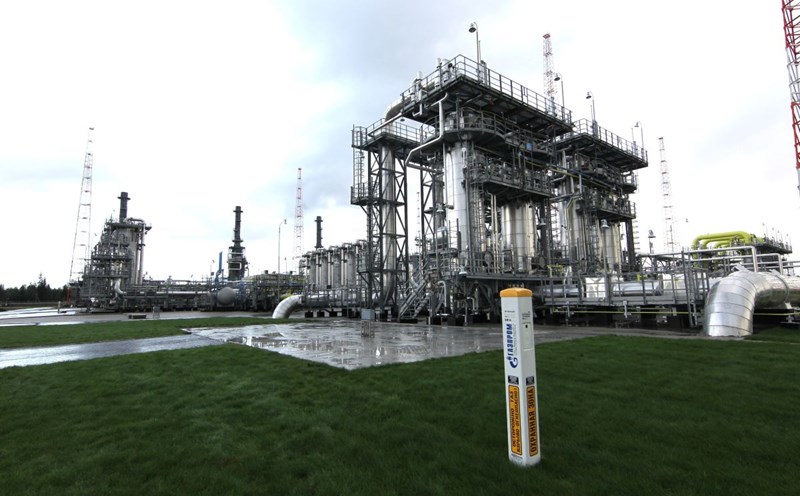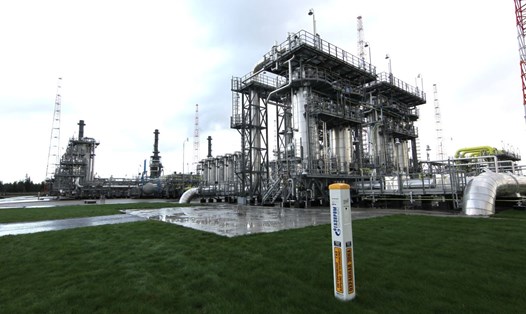TASS reported that at a press conference in Moscow on April 17, Russian Foreign Ministry spokeswoman Maria Zakharova declared the discussion on the possibility of increasing Russian gas supplies to Europe in the current context as " meaningless and unfounded".
It is useless to increase Russian gas exports to the EU market under the current conditions, Zakharova stressed.
There is no sign that the current leadership of the European Union and some EU member states will reconsider the policy of refusing to use energy from Russia, which has been formed after the Ukrainian conflict and has been going on for a long time, she said.
There is no premise that they will change their policy of denying Russian energy, even though this is pushing the European economy into stagnation and causing a significant decline in the standard of living of EU people, Zakharova added.
The statement of the Russian Foreign Ministry spokesman reflects the reality that Moscow no longer has any expectations for its ability to restore its position in the European energy market.
Since the Russia-Ukraine war broke out, the EU has imposed a series of sanctions and gradually eliminated dependence on Russian energy.
In the context of Europe shifting to LNG from the US, Norway and other partners, Moscow is also forced to turn its axis to Asia, mainly China, to save gas export turnover.
Zakharova's statement is seen as closing the door to a gas dialogue with the EU, and reflects the level of tension and long-standing cracks between the two sides in the energy sector, which has been one of the pillars of strategic cooperation for decades.
Meanwhile, Reuters reported that the EU has just withdrawn its plan to ban imports of Russian liquefied natural gas (LNG) in the upcoming 17th package of sanctions.
An unnamed EU official told Reuters that the lifting of sanctions on Russian liquefied natural gas (LNG) comes from three main factors: lack of consensus among member states, no alternative to stable supplies of Russian gas, and especially the fear of losing "carts" even in trade negotiations with the US.
The EU is now looking to use energy, including Russian LNG, as leverage to convince the US to lift tariffs on EU steel and aluminum.











